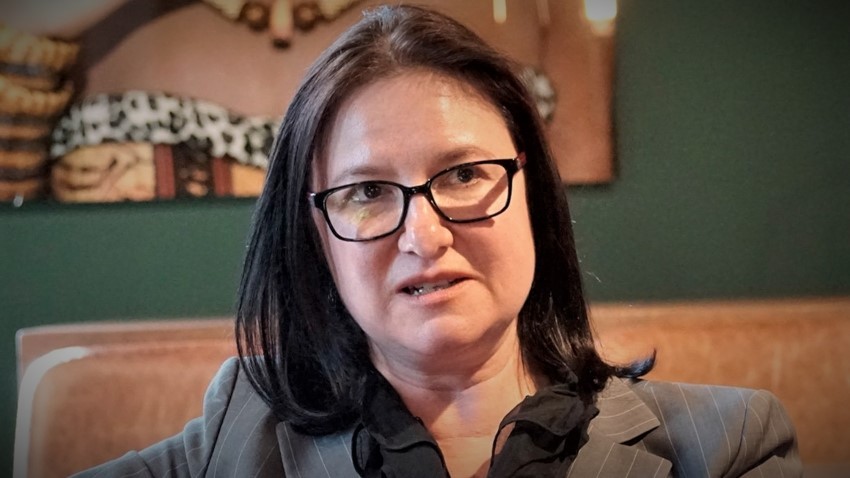Bulgaria’s labor market has been changing very rapidly over the past two years and long-term plans and strategies can no longer be made. The business is struggling to find qualified staff with high potential for development. The severe shortage of workforce is not due to the Covid-19 crisis, but to the permanent depopulation and ageing of the population in Bulgaria. The staff shortage can lead to an economic slowdown. That is why this country’s authorities must take effective measures, whose results are visible within 6 months, contend leading employers’ organizations, partners of the Bulgarian Employment Confederation (BEC). The non-governmental organization was established in 2014 and unites Bulgarian companies operating in the field of HR services.
Recently, the Bulgarian Employment Confederation conducted a survey among 826 Bulgarian employers from 5 districts operating in 12 industrial sectors. BEC asked them whether they were planning to hire more personnel or resort to layoffs over the next 6 months.
“According to the results of the survey, 71% of the employers cannot find the suitable workforce, whereas 9 years ago, only 42% of the respondents said they were unable to find people suitable for the available job positions- the Chairwoman of the Bulgarian Employment Confederation Nadia Vassileva said.

"Apparently, things cannot get better, if we continue the same way. However, the reason for this is not only the coronavirus pandemic. Unfortunately, this country’s demographic structure impacts the labor market. The population decline and the ageing of this country’s population have negative effect on the labor market. There are not enough young people to meet the personnel demand. If we look at the statistical data, we will find out that Bulgaria’s population is dwindling steadily, regardless of whether or not there is a coronavirus pandemic. The population of this country declines by 6 people per hour (12 people die and 6 are born every hour). Apparently, we need to seek a solution to the problem- to pursue a more targeted approach and import specialists that would meet the demand on the labor market. It is important to make a more detailed assessment and ask all employers what they need now and what they will need in one year.”
Currently, Bulgaria’s unemployment is extremely low- under 5%. The demand for industrial workers is highest, but employers complain that they are struggling to find such. Secondly, there is huge shortage of specialists in trade and logistics, as well as of people with good command of foreign languages. Then comes the need for engineers, IT experts and HR experts.
“Most young people lack responsibility and discipline. They must be adaptive, tolerant, able to work under pressure, be enterprising and able to solve complicated tasks. Moreover, they must be curious and willing to learn if they want to have a secure job.”
It turns out that there are very few studies on the profile of job seekers in Bulgaria. “We are to make such a survey very soon”, the Chairperson of the Bulgarian Employment Confederation clarified.
English version: Kostadin Atanasov
Photos: Pixabay and Facebook / Nadia VassilevaOn the world map of organic agriculture, Bulgaria is not just a dot, but a colorful mosaic of food products, carrying the aroma and taste of unspoiled nature. Our organically certified areas produce crops sought after around the world – essential oil..
Preliminary data from the National Statistical Institute (NSI) shows a 1.3% increase in employment from March to June 2025, reaching 2.38 million. The hotel and restaurant sector had the largest increase in employment (24.8%), followed by real estate..
The lack of sufficient manpower and strong private consumption are the main reasons for inflation, according to the second "Economic Review" of the Bulgarian National Bank (BNB) for the year. Annual inflation is 2.9%, increasing by 2.1% by May 2025..
On the world map of organic agriculture, Bulgaria is not just a dot, but a colorful mosaic of food products, carrying the aroma and taste of unspoiled..

+359 2 9336 661
